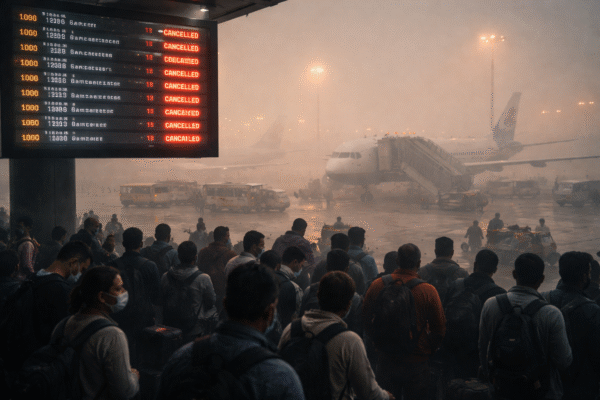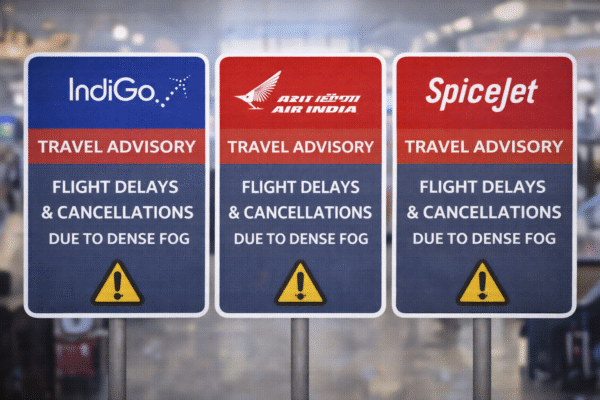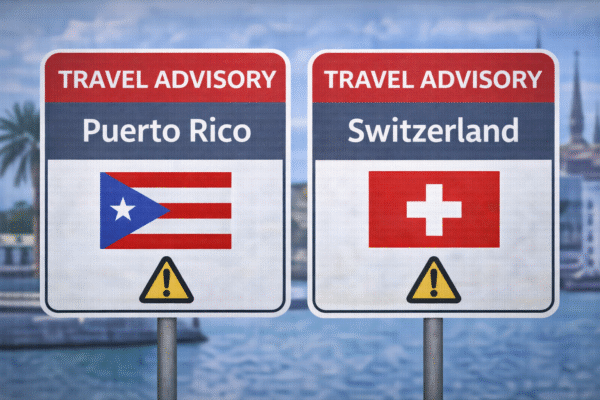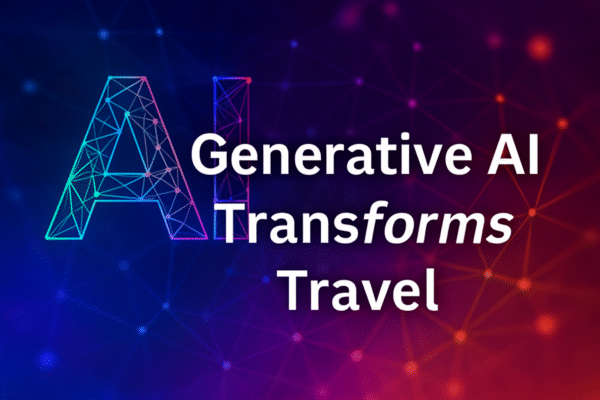The travel industry is experiencing a seismic shift as generative AI takes center stage, redefining how travelers plan, book, and experience their journeys. With the rise of AI-driven agents and a groundbreaking concept known as B-to-AI marketing, tourism businesses are rethinking their strategies to meet the demands of an increasingly tech-savvy global audience. From hyper-personalized recommendations to real-time planning support, AI is creating smarter, more efficient travel experiences that are set to dominate the industry.
According to recent industry discussions, including Phocuswright’s New Agents Trend Series, this transition signals the dawn of an agentic era, where artificial intelligence becomes the primary interface between travelers and travel providers. This rapid transformation is paving the way for smarter, faster, and more cost-effective journeys.
The Rise of B-to-AI Marketing
One of the most profound shifts in the industry is the rise of B-to-AI marketing, a concept rapidly gaining traction among travel and technology leaders. Unlike traditional B2B or B2C strategies, this approach focuses on marketing directly to AI systems that manage travelers’ preferences and bookings.
AI agents analyze user data, preferences, and habits to filter through massive volumes of travel information, delivering curated options tailored to individual needs. For travel companies, this means adapting marketing strategies to influence these digital intermediaries instead of targeting travelers directly. This new layer of interaction is driving businesses to rethink how they engage with customers, optimizing their offerings for AI-driven platforms.
AI Agents: The New Travel Advisors
AI-powered platforms like ChatGPT, Gemini, and Kayak.ai are already transforming the way travelers plan their trips. These intelligent agents are no longer limited to generic recommendations; instead, they provide real-time, hyper-personalized suggestions that consider everything from weather and seasonality to budget and personal preferences.
For travelers, this means:
- Tailored itineraries: AI agents consider past trips and individual behavior patterns to suggest highly relevant destinations and activities.
- Cost savings: By recommending local operators and direct bookings, AI agents help travelers bypass service fees often charged by major platforms.
- Streamlined planning: Integrated payment and booking capabilities allow travelers to complete transactions within a single platform, simplifying the entire journey.
This transformation is shifting the balance of power in the industry, empowering travelers with smarter tools while challenging traditional booking systems to evolve or risk becoming obsolete.
Reshaping the Travel Infrastructure
The surge in AI adoption is forcing a massive overhaul of the travel technology stack. Current systems, designed for simple date-and-location searches, are no longer sufficient. Modern travelers now expect AI agents to perform granular, preference-based searches, from specifying hotel room layouts to identifying niche experiences in less-explored destinations.
Industry experts emphasize the need for standardized communication systems—similar to the New Distribution Capability (NDC) used in aviation—to ensure seamless integration between AI agents and travel platforms. This transformation demands significant investment from travel companies and tech providers to create systems that support real-time data sharing and hyper-personalized interactions.
Hyper-Personalization: Beyond Price Comparisons
AI is pushing the boundaries of personalization in travel. No longer limited to price-focused searches, hyper-personalized travel planning is redefining the booking experience. Platforms now use AI to understand what truly matters to travelers—be it room ambiance, proximity to local attractions, or access to exclusive cultural experiences.
This shift offers clear benefits:
- Customized recommendations: Travelers receive suggestions that perfectly align with their preferences and lifestyle.
- Enhanced satisfaction: Trips are designed to deliver memorable experiences, not just affordable prices.
- Dynamic flexibility: AI continuously refines recommendations as traveler behaviors and trends evolve.
By combining deep learning with real-time analytics, AI ensures that every journey is as unique as the traveler embarking on it.
Building Trust in AI-Driven Travel
Despite its advantages, the success of AI in travel depends on trust and transparency. Travelers want to be assured that AI-driven recommendations are unbiased and focused on their needs rather than on hidden partnerships or commissions. Building this trust requires travel companies to prioritize transparency and ethical AI practices while ensuring data privacy and security.
For businesses, cultivating this trust will be critical to maintaining long-term loyalty and staying competitive in an increasingly AI-driven marketplace.
Key Takeaways for Travelers and Businesses
- AI is here to stay: Generative AI is no longer a futuristic concept; it is actively transforming the travel industry today.
- Marketing is evolving: Travel companies must adapt to B-to-AI strategies to remain visible and competitive.
- Personalization is the new standard: AI ensures tailored travel experiences that align with individual preferences.
- Trust is critical: Transparency and ethical AI use will determine which platforms gain traveler loyalty.
The Future of Travel Is AI-Driven
The rapid adoption of generative AI and AI agents marks a pivotal moment in the travel industry. For travelers, it means smarter, faster, and more personalized journeys. For businesses, it signals the need to innovate, invest, and embrace AI-driven systems that will define the next decade of global tourism.
As the industry transitions into this new era, those who adapt early will reap the benefits of improved customer experiences, operational efficiencies, and stronger brand loyalty. The future of travel is undeniably AI-powered, and the journey toward hyper-personalized, seamless experiences has only just begun.
For more travel news like this, keep reading Global Travel Wire
















